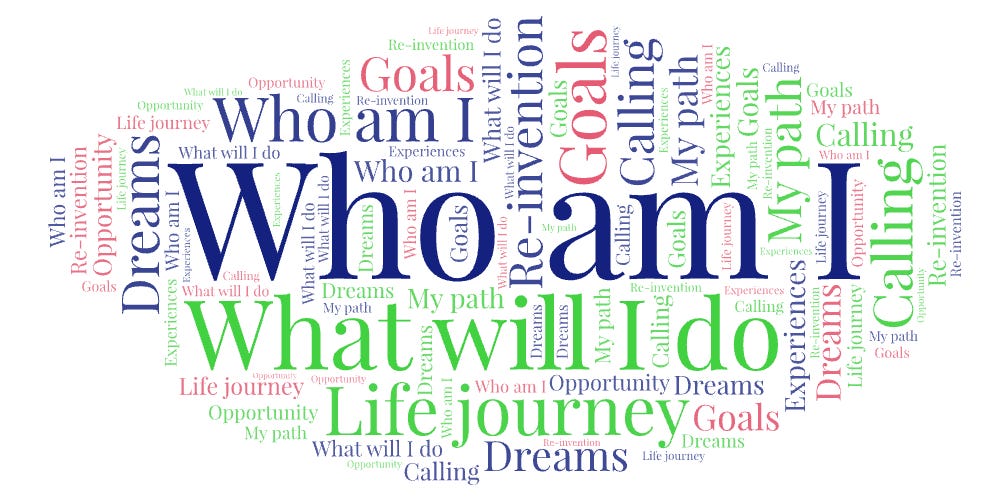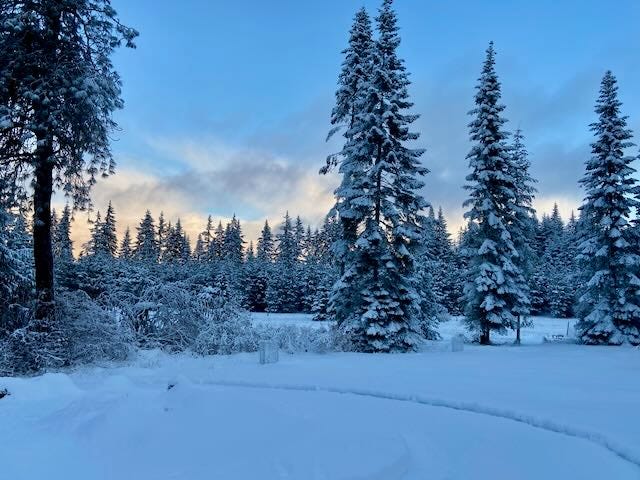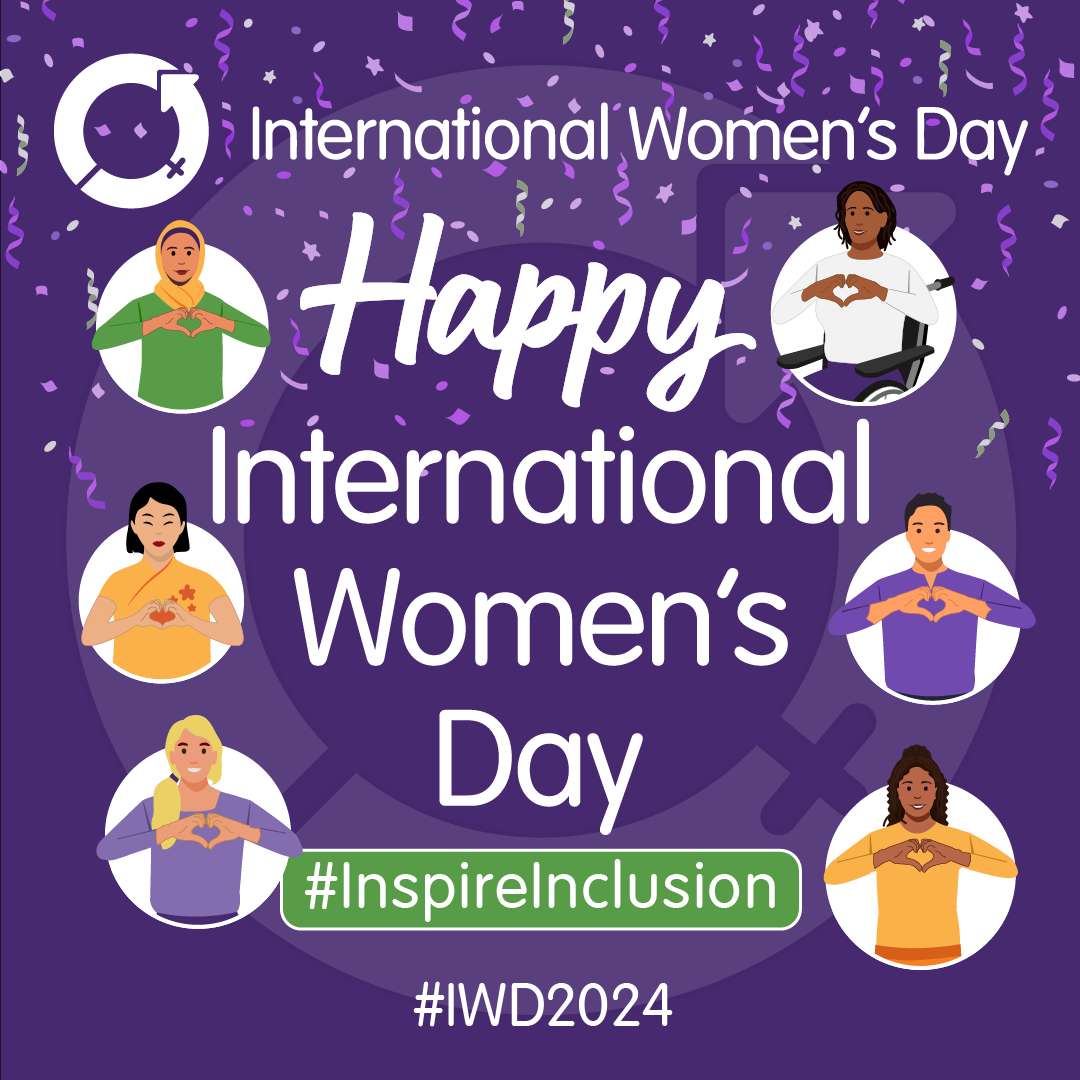It’s interesting how one thing can inspire creative thinking. While recovering from a nasty virus, I indulged in social media scrolling, and this video popped up. I have always liked this song and thoroughly enjoyed the dance interpretation of it.
The dance interpretation reminded me of my childhood desire to become a dancer. In 1969, I started fourth grade at a new school, and it was one of those rare moments in my childhood education when everything seemed to connect. The school hired Andy, a young blonde woman, to assist in the school library. She was a musician and a dancer, and the fourth-grade girls adored her. I don’t remember how it all started, but she had formed an after-school dance club by late autumn. She convinced our giggling and gangly group of girls to perform before an audience in the spring. She selected the Pink Panther theme as our first number. Our dance moves were designed to tell the story of a spy hiding and lurking around corners until finally discovered at the very end. She encouraged us to move about, feeling and interpreting the music freely, with just a few choreographed movements at the end. It was a delightful dance; whenever I hear that song, my muscle memory moves into my version of a lurking spy. I found this adapted version, in case you need a refresher of this iconic music.
Our second selection was the current hit Age of Aquarius by the 5th Dimension. This was choreographed as a group dance, performing the same moves. It was dramatic and demanded far more practice. We purchased black leotards and tights for our performance and, at the last minute, added little mini skirts we created from aluminum foil for the Age of Aquarius dance. Our public performance was scheduled directly after school, and we invited parents, teachers, and staff. We were giddy with excitement, and our first dance was received well, but the Age of Aquarius dance apparently bothered some in the audience. Complaints were made to the principal and the dance club was no more.
But something was touched in me, and I became obsessed with dancing. There was no YouTube or internet and only four television channels, so I practiced as much as possible, putting on LPs and simply moving to the music. I didn’t know how a person could become a professional dancer, but that was my first career goal. I lived in a rural area at the time, and my family was falling apart, so that dream was quickly extinguished and replaced with the daily work of learning to live in a wounded and troubled family.
In my teen years, I discovered social justice and decided that becoming a lawyer would allow me to help save the world from itself. There were no college graduates in my family to help guide me, and living just above poverty, the message from the adults in my life was that my energy should be directed to employment. I started working as a cashier at 14, and by 17, I dropped out of high school to work full-time. I remember taking the public bus to the university campus in my city to become a student. I ended up in the campus bookstore and didn’t know what to ask, so I left. At some point, somebody told me I could not attend the university because I had a GED and not a high school diploma. That was devastating for me to learn and so my dreams of becoming a lawyer were cast aside.
I worked in hospitality for the next two decades, serving food and drinks. It was fun, fast, and easy money in the early years but didn’t require much from me intellectually. I knew that I wanted more than this, and at age 25, I walked into my local community college and scheduled classes for the upcoming fall semester. I was now a college student. I cried with joy in the privacy of my car. I felt the excitement of hope for a new life. (American Community Colleges were created to serve WWII vets, many of whom had dropped out of high school to serve. Community colleges are one of the best American systems in place: with an open admissions policy, anyone can attend regardless of your previous educational background, age, race, or gender. Educational opportunity awaits anyone who wants it.)
I decided to be a public school teacher because I wanted to fix the system that had not served me well. My social justice work was finding its way back to what I thought was my calling.
It was a long journey: I attended part-time for six years to finally complete my two-year Associate degree while working and raising my son. Two moves, first to Arizona and then to Washington State, and four more years of education, finally completing my BA in Social Science and Master's in Teaching in Elementary Education.
But callings aren’t always callings. Sometimes they are mistakes.
My graduate program required a full year of classroom observation and student teaching, and early on, I had that horrible gut-clutching reality that I had made a terrible mistake. Teaching and managing young children in a confined space for six hours a day felt like a daily prison sentence. (I am in awe of teaching professionals who love their profession; standardized tests cannot measure their true impacts on both individuals and our societies.) After ten years of working hard toward that one goal, and now, with student loans to pay, I stayed with the program. I accepted the only position I was offered: to teach in an “alternate” program for the throw-away students nobody else wanted in their classroom. It was a nightmare with no support, no real mentorship for me as a first-year teacher, and a principal who told me my primary goal was to keep these distressed young teens safely confined in my classroom. I was miserable, and two months later, I quit and crawled into my bed for weeks of depression, ruminating about these questions:
Who am I? What will I do? What was my calling? Why did others appear to have found their path? What was wrong with me? Why couldn’t I just be happy?
But sometimes, the answer is right there in front of you. In 1990, I was hired as a part-time peer advisor at my community college. My job was to help new students begin the admission process, explaining processes and paperwork. Many of the students I worked with struggled with self-confidence, low skill levels, and negative thinking. I often shared my journey (except for the failed teacher experience, carrying a lot of shame around that mistake), and encouraged students to take one step at a time. Something as simple as walking a fearful student to the financial aid office could determine if that student returned to the college. I liked helping students and was good at it.
While completing my education, I worked both as an advisor and as a server at a local hotel. I left the advising position when I was hired to teach. After hiding in my home for a month following my disillusionment with my false calling, I made an appointment with my former supervisor at the college and asked for my part-time advising position back. He not only hired me but encouraged me to apply for a new advising coordinator position.
I stayed at the college for the next twenty years, coordinating the Advising Center and serving students as an advisor and occasional instructor. I was offered multiple opportunities in a variety of positions to help students be successful. My personal experiences with access to education and my understanding of the fear, low self-confidence, lack of knowledge, and lack of mentorship made me a caring and empathetic student advisor.
Nowhere on my list of possible careers was the profession of academic advisor.
Those negative experiences in my early life became the most valuable lessons in my life and aided my professional development. My commitment to social justice found a place in my time at the college: high school dropouts who earned their GEDS through the college seldom found their way to college-level coursework and career pathways. The college had little interest in supporting that transition. There was and remains an unjust stereotype about high school dropouts; I once sat in a meeting where a college employee asked, “Why we would want those losers on our campus?”
I wasn't done with career changes. As I approached my 50th birthday, I longed for a change. I was burned out at the college, numbed by the suburban lifestyle, and dreaded the daily commute and the incredibly dull meetings I sat through each week. I realized that I had no interest in climbing academic career ladders.
Was another re-invention necessary? Who would I become?
After years of building my relationship with nature, I finally felt a deeply personal need for a lifestyle, not a career, at age 49. I wanted a modern version of homesteading. I left everything I had built to start anew. It remains the best re-invention I made - so far - in my life.
As I look back at my life, the value of all of my experiences contributed to who I am today. Though the song Someone That I Used to Know is about the end of a relationship, I can apply it to the different phases of my life. The Someone That I Used to Know was the child who wanted to dance, the teenager who wanted to make a difference, the mom who wanted to create a better life for her family, the student who fell in love with learning, the employee who knew when to make a change, and now in the second half of her life, the woman who celebrates the somewhat chaotic paths she chose.
I have spent the last week writing this essay, sharing a portion of my life story. I am editing on International Women’s Day, a day to celebrate and support women’s empowerment to control their lives. My freedom to pursue education and re-invent myself exists because generations of women before me demanded and fought for the right to define their own lives. We still have work to do; millions of women worldwide do not yet have the opportunity to live their lives on their terms.
I am leaving for a four-day R&R on Monday. I am researching my next Aging Body essay, but I want to honor my R&R so I won’t be in your inbox again until the 24th.
Now it’s your turn. I would love to hear if you re-invented yourself. Did you follow a calling? I am curious about those who had a mentor or guiding influence that helped them make the choices they made. What dreams did you let go of as you aged? Do you have regrets about a path not taken or one that you did take? Share your stories!







I so appreciate the way your writing unfolds and flows brilliantly! Thanks for sharing your journey and for empathetically relating & supporting those that don't "fit into the mold" many wish to only see. I too, always wanted to be a professional dancer. I know make sure to dance as often as I can-even if it is at our local Y-it brings such joy to move and be with other people!
Oh my. The formation of one’s path in life. Such a great writing prompt. The teacher in you lives on! Perhaps a few in your community would be interested in a writing course next winter.
I find it fascinating how much we have in common.
For the sake of brevity:
As a small child, I loved to play school but my doll - students frustrated me and I would yell at them. Probably would not have been good with live students. I realize I am not a patient teacher. Ha!
In grade school, I wanted to be a folk guitarist (art coupled with social justice)
Then, I wanted to be a dancer. Modern jazz was a new thing and sounded like the vehicle to express the suppressed expression inside of me
Then came my secret attempt at Poet, sitting on old stone walls reflecting on the melancholy of unexpressed desire
A longing desire in early HS to become a Flower child living in Vermont crafting stained glass windows and silver jewelry
Transitioned to a college focus in 11th grade to become a physical therapist working with brain injured children after volunteering at a clinic for such.
Instead, Hitch hiked across the country with my best friend 3 dayszafter graduation.
Left myself replicating the lost feeling I felt growing up in my home, that was deeply affected by the resultant trauma on my father from serving on the front lines of World War II
Waitress for 20 years which became its own lively form of entertainment.
One year of court reporter school. Dang; can I ever type! Yet, not for me. Too rote and I don’t like the legal system. But I was tokd: I was good!
Becoming a wife and mother. Yet, feeling there’s “something more.”
My own collusion with trauma and then divine intervention into emotional healing for all the trauma I was exposed to in life which set a trajectory of deeper identity development. My counseling experiences began to uncover the lost parts of me.
2 years performing in local dinner show theatre. Great utilization of my very animated personality and the cure for hiding myself from the world. I have talent!
Lay counselor in the faith community. Sharing with others the compassion I found
Renaissance of a college education through community college where I discovered, I CAN be!
My BA in Communication uncovered the writing gift in me. Yet, the call to become a therapist was louder. Somehow. Yet, conflicted.
Currently, in my 35th year as a mental health practioner taking every aspect of my own experiences as well as in depth training into my practice. Really, as a therapist, I am the encourager, mentor, guide, and uncover-er of the great things hidden inside those I counsel. I love people. Growing up with strong affliations to Italian and French Canadian culture, cultivated an affinity towards really understanding our differences from an anthropological view. Is there such a word?
My work as a psychotherapist has been a richly rewarding experience for me. Guided by my own redeemed pain.
Now actively in transition to open up space for the very patient writer in me that now has the experiences of a rich, full life. I feel a very deep conviction to allow her a chance at her dreams. Yet, as my creative teacher once said, “There is much talent in this world; yet often unfulfilled.”
Thanks for the writing prompt. I’d do well to proceed.
Love this essay and what you open up to us in this space. You are an inspiration. A true teacher.